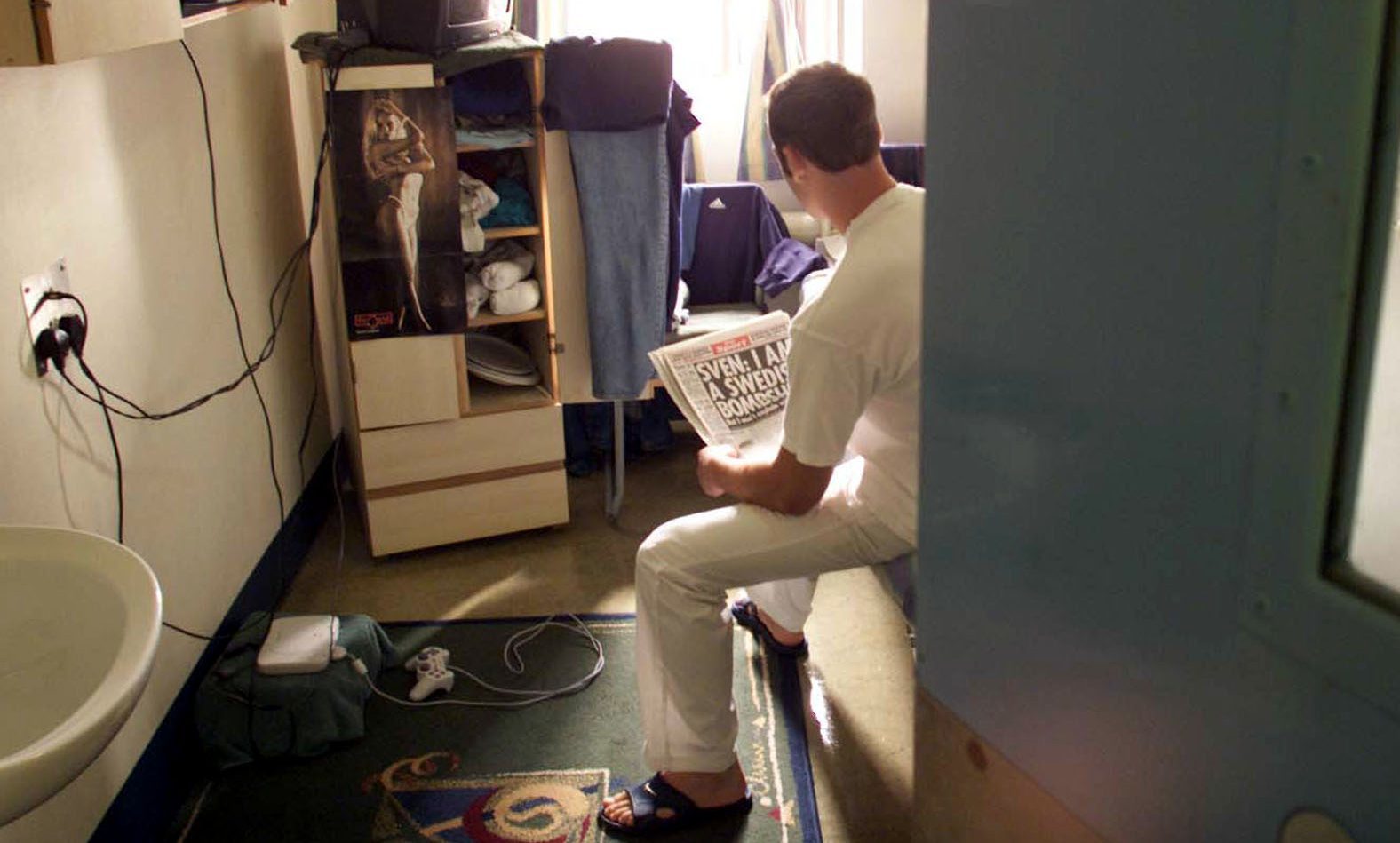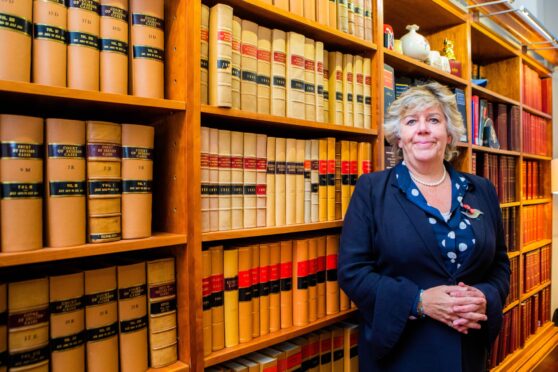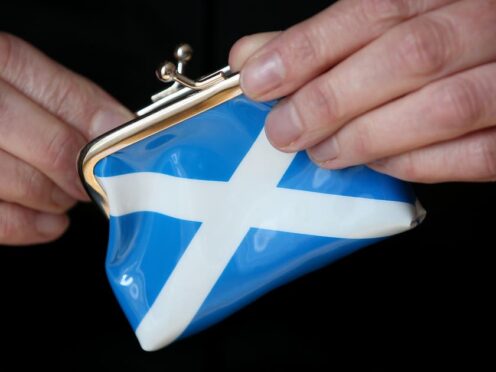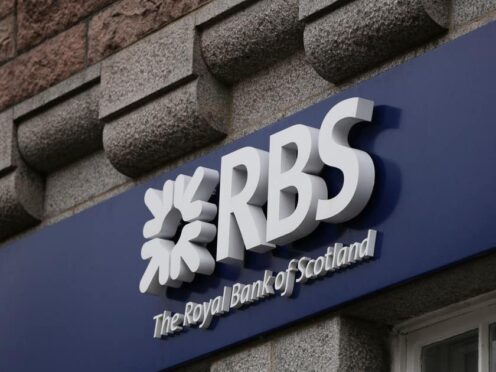Criminals who have served their sentences should no longer be called “offenders”, according to Scottish Government proposals to help them reintegrate into society and cut repeat offending.
Ministers have called on those working within the criminal justice sector to refer to them as a “person with convictions” or “person with an offending history”.
The recommendation is contained within their new national strategy for community justice, which refers to “the power of language” to help or hinder an offender’s rehabilitation.
The Scottish Conservatives said the move was simply “tinkering at the edges” and would make no difference.
The strategy document states: “Research suggests that offenders who feel a welcomed part of society are less likely to reoffend compared to those who feel stigmatised.
“It is therefore important that criminal justice professionals work not only with offenders but also with their family, friends and the wider community to ensure pro-social and positive relationships can be developed and sustained.”
It advises partner organisations to be “mindful of the importance of language” and also to use words that are sensitive to victims of crime.
The document says: “After people have been released from custody or completed community sentences, it is vital that we support them to reintegrate into society. We must be aware of the power of language to facilitate or inhibit this process.
“Defining people as ‘offenders’ for the rest of their lives will not help to change their behaviours or shift attitudes within wider society.”
Conservative justice spokesman Douglas Ross said: “People will be puzzled that the Scottish Government think tinkering at the edges with woolly language like this is a priority.
“Whether you call someone an offender or not will make no difference to the individuals, and no difference to society.
“The SNP would be better coming up with meaningful work and education programmes which mean when criminals have offended, they don’t repeat that behaviour in future.”










